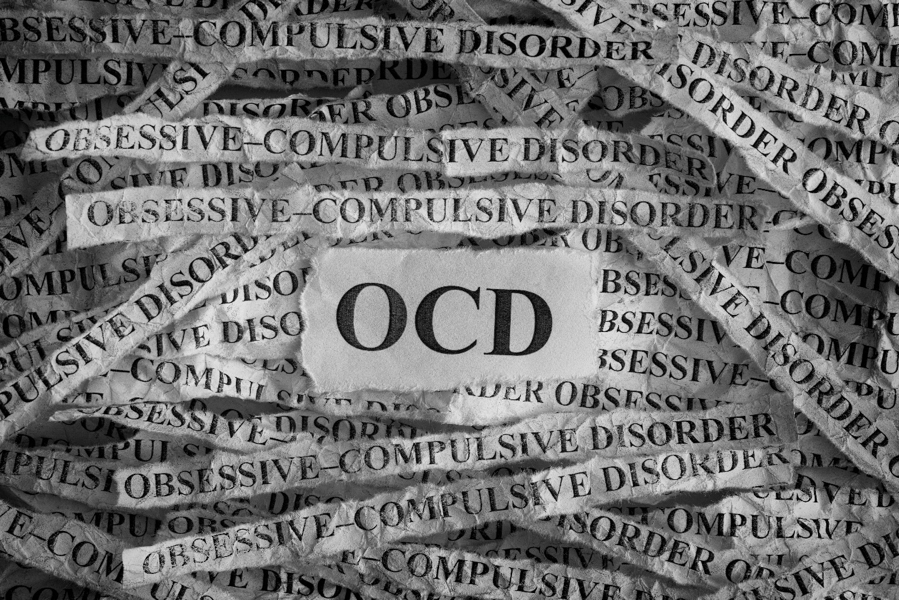The concepts of neuroplasticity and schemas have revolutionized the field of mental health, providing individuals with powerful tools for changing the way they think. These concepts are closely linked, with neuroplasticity enabling the formation and reinforcement of schemas, and providing a means for individuals to change and reshape them.
Defining Neuroplasticity
Neuroplasticity refers to the brain’s ability to change and adapt, forming new neural connections and reshaping existing ones. This ability to change and adapt is what makes neuroplasticity a powerful tool for individuals looking to improve their mental health. By engaging in experiences that challenge negative or limiting schemas, individuals can use neuroplasticity to form new neural connections that support a more positive and adaptive outlook.
Defining Schemas
 Schemas, on the other hand, are cognitive frameworks that help individuals organize and make sense of their experiences. They shape our thoughts, beliefs, and behaviors, and influence how we perceive and respond to the world around us. By understanding the schemas that shape our thinking, individuals can gain insight into the underlying frameworks that drive their thoughts, beliefs, and behaviors.
Schemas, on the other hand, are cognitive frameworks that help individuals organize and make sense of their experiences. They shape our thoughts, beliefs, and behaviors, and influence how we perceive and respond to the world around us. By understanding the schemas that shape our thinking, individuals can gain insight into the underlying frameworks that drive their thoughts, beliefs, and behaviors.
How Schemas and Neuroplasticity Interact to Promote Change
 Combined, neuroplasticity and schemas provide individuals with a powerful means for changing the way they think. By using neuroplasticity to reshape negative or limiting schemas, individuals can develop a more positive outlook on life, reducing symptoms of anxiety, depression, and other mental health conditions. This process of reshaping schemas is known as schema therapy, and is a well-established form of psychotherapy that utilizes the principles of neuroplasticity to promote positive change.
Combined, neuroplasticity and schemas provide individuals with a powerful means for changing the way they think. By using neuroplasticity to reshape negative or limiting schemas, individuals can develop a more positive outlook on life, reducing symptoms of anxiety, depression, and other mental health conditions. This process of reshaping schemas is known as schema therapy, and is a well-established form of psychotherapy that utilizes the principles of neuroplasticity to promote positive change.
To conclude, the interplay of neuroplasticity and schemas allows individuals to challenge and change maladaptive beliefs. By understanding the underlying frameworks that shape our thoughts, beliefs, and behaviors, and using neuroplasticity to reshape negative or limiting schemas, individuals can improve their mental health and well-being. Whether you are looking to overcome a mental health condition or simply improve your overall outlook on life, neuroplasticity and schemas provide a promising solution.



